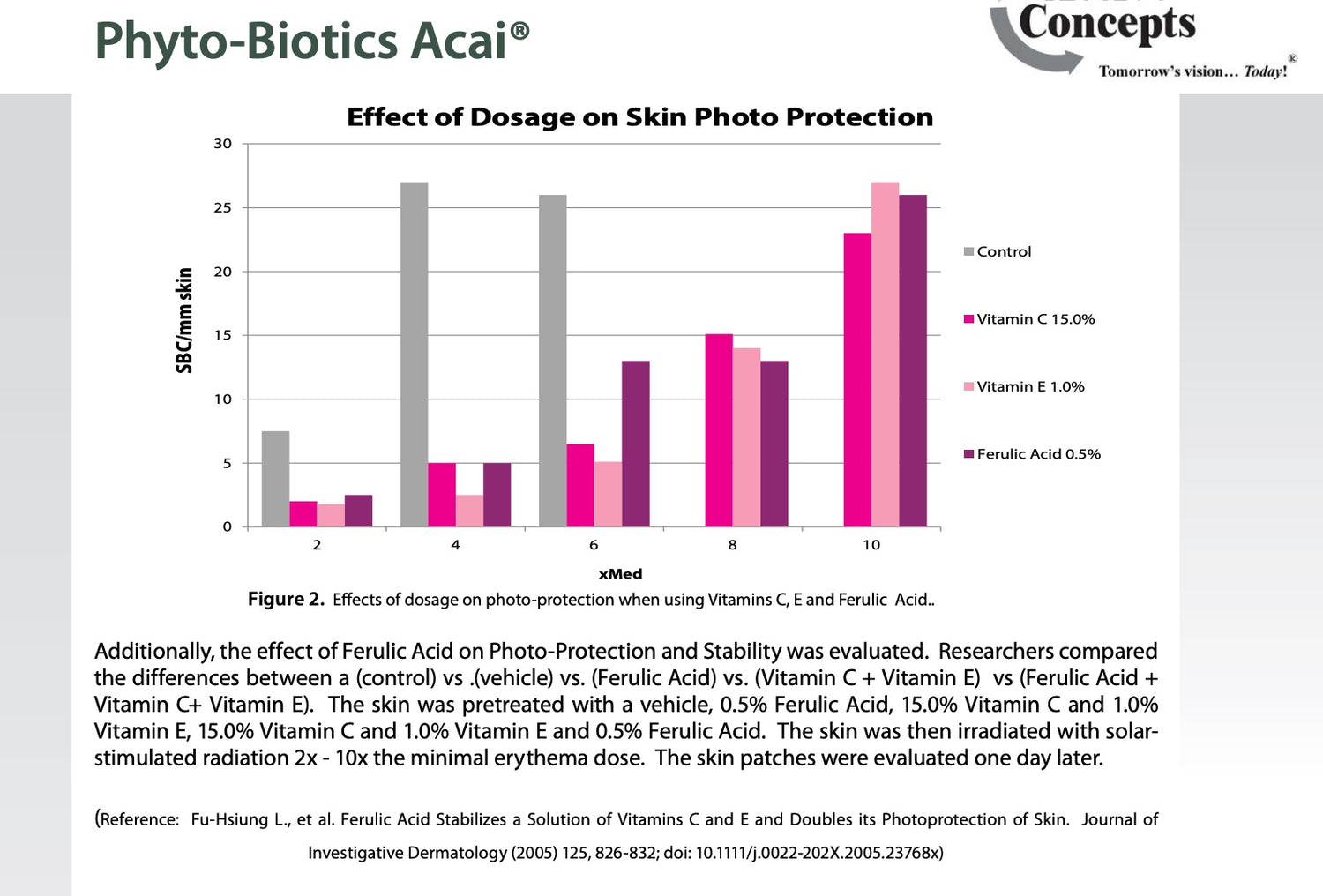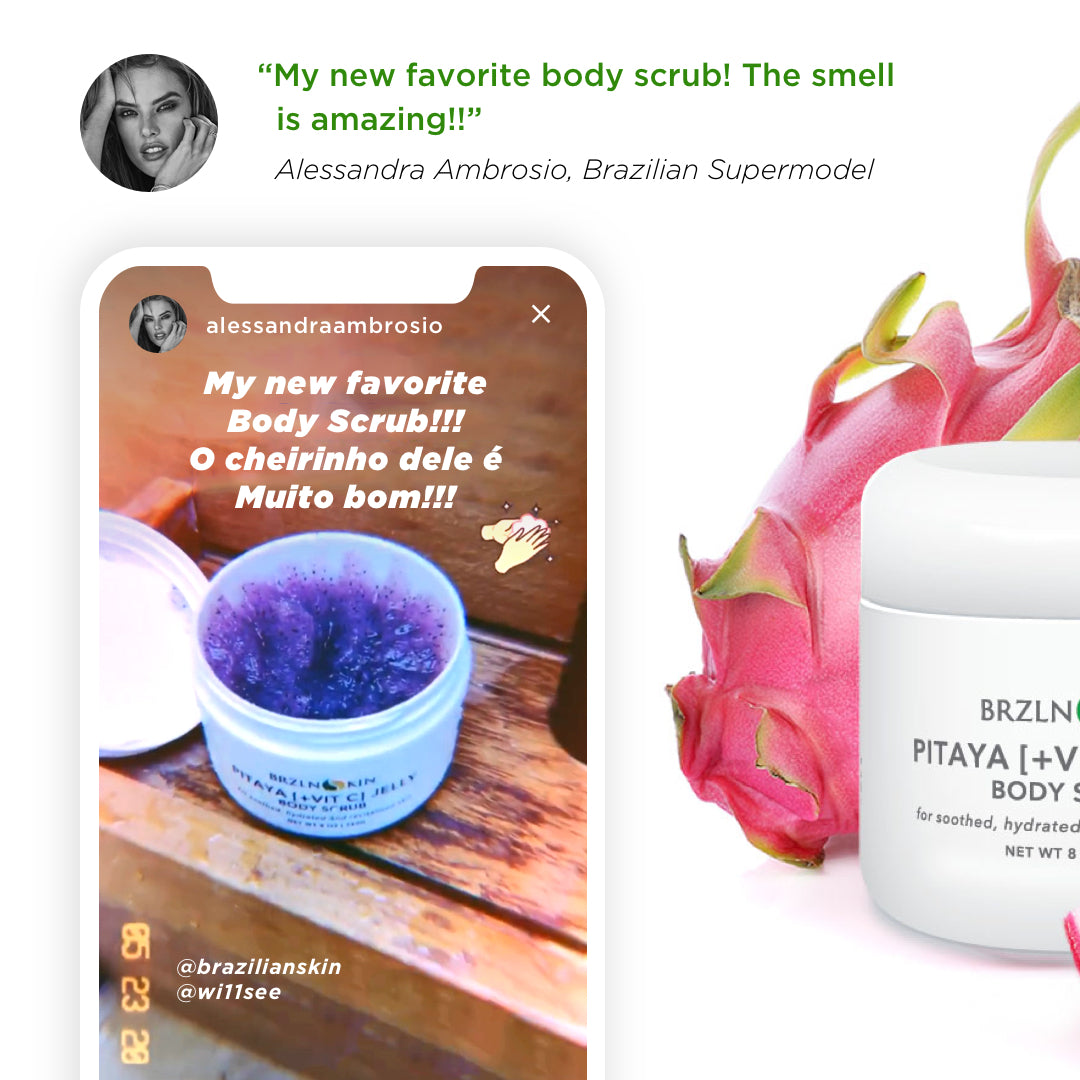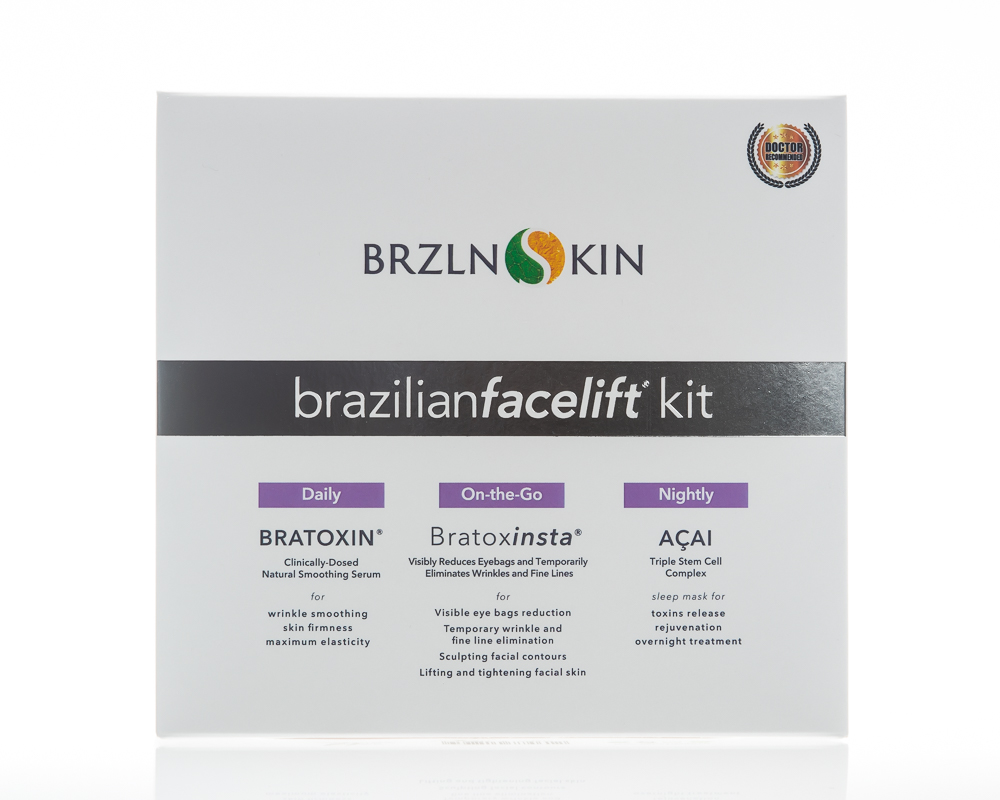A face-mask is regarded as a great solution for every skin problem. When used regularly as a part of your daily skin-care routine, they can help reduce fine lines, increase hydration, refine the skin pores, give an even tone, and make the skin look fresher, tighter, and firmer.
Before applying any face-mask, you should consider washing your skin thoroughly. This will not only get rid of all the dirt particles, makeup, and also the unnecessary oils but also makes the skin ready to be in contact with the mask. Next, cover your face directly with an applicable amount of mask and allow it to remain for the specified time as directed in the instruction manual (usually 10 to 15 minutes) before removing it with a soft cloth and plenty of water.
To produce the best results, you should use the right mask for your skin. Below are the common face-mask ingredients and the benefits that they offer.
The Common Face Masks Ingredients Used Across the Globe
-
Charcoal
This is natural and also a common ingredient used in face masks. It’s very popular among the Americans living in the United States. The ingredient is used in face-masks in order to get rid of firm dirt, any kind of oil and bacteria that accumulates on your skin from time to time. This helps a great deal to fight and cure acne and other skin problems such as inflammation and dehydration. After use, the skin becomes tight and very clean.
-
Turmeric
This is another organic face mask that grows naturally among the Indian culture. Every woman in India is thought to have used this super ingredient at one point of their life and about 95% are using it in their day-today skin care routines. Turmeric has a wide range of benefits. It’s used to cure acne vulgaris, soothe the dry skin, reduce dark-circles, protect from aging and sun damage, minimize the appearance of stretch marks, and also contains antibacterial and anti-inflammatory properties that help calm conditions such as rosacea and eczema. Usually, it’s mixed with rosewater and sandalwood to yield maximum results.
-
Ghassoul Clay
Also referred to as Rhassoul, this ingredient originates from Morocco, Africa, and is known to treat a wide variety of skin problems. It forms naturally from rocks around the mountainous areas of the country and majority of people, as a tradition, have used it in both hair and skin treatments. It's an organic face mask that contains many different vitamins, elements, and minerals such as silicon, zinc, phosphorus, iron, and magnesium which are used to replenish the mineral content of the skin reducing skin problems related to aging. Ghassoul Clay is both a clarifier and an exfoliant. It’s also a natural cleanser and also a detoxifier. To use this ingredient, all you need to do is add some rose water to make it soft and easier to apply to the skin.
-
Henna
This ingredient, like Rhassoul, originates from Africa in a country known as Senegal. It’s also extracted in
some parts of South Asia. Apart from being an important product for reducing inflammation and protecting the skin, Henna is used a great deal to relieve headaches, reduce blood pressure, improve the quality of nails and hair, and also detoxify the body. When it comes to skin health, this ingredient can be used to lighten, moisturize, and smoothen the face. It also helps to cleanse, exfoliate, and dehydrate the skin when used together with other products such as honey and lemon.
-
Herbs and Dairy
Face masks made of herbs and dairy products are very common in Russia. These ingredients are both used in traditional Russia and also in modern culture. These products include baking soda, eggs, honey, oats, cucumbers, cider vinegar, and etcetera. Such masks are used to improve the skin’s health as well as helping reduce fine lines that happen as a result of aging.
-
Mud
Majority of people cannot be convinced that mud can make a pretty good face mask that can help improve skin health. In South America, mostly in the Northern parts of Argentina, this is the kind of product that people use to improve beauty as well as protect their skin from acne and other problems. After use, people report having a softer, cleaner, and healthier face.
The skin is one of the most significant organs in the body and needs protection. As there are many different ways to use face masks, you can try some of the above ingredients to protect your skin from common problems such as acne and inflammation. You can also use them for cosmetic purposes.
Learn more: How Face Masks Came To Be




